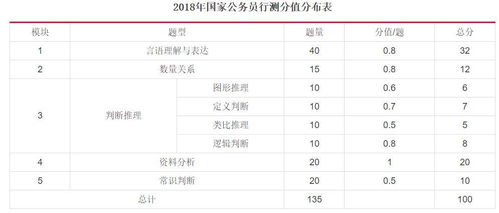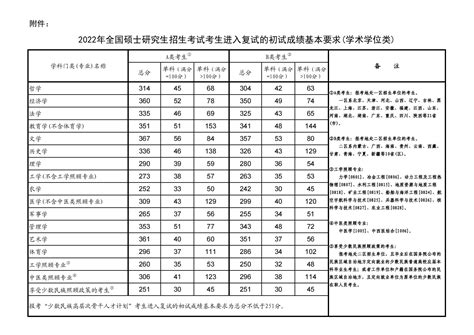Understanding the Nine Types of Questions in the English Proficiency Section of the Chinese Postgraduate Entrance Exam (考研英语)
In the Chinese Postgraduate Entrance Exam (考研), the English proficiency section is a critical component that tests candidates' language skills. Understanding the nine types of questions within this section is essential for effective preparation and success in the exam. Let's delve into each type and discuss their respective scoring criteria and strategies for tackling them.
1. Vocabulary and Structure (词汇与结构)
These questions assess candidates' knowledge of vocabulary and grammar rules. They often require identifying synonyms, antonyms, completing sentences, or correcting grammatical errors. Each correct answer typically earns one point, while incorrect answers may result in deduction of 0.25 points. To excel in this section, focus on building a strong foundation in vocabulary and grammar through extensive reading and practice exercises.
2. Reading Comprehension (阅读理解)
In this section, candidates are evaluated on their ability to understand and analyze written passages. Questions may require identifying main ideas, supporting details, inference, or author's tone. Each question is usually worth one point, with deductions for incorrect answers. To enhance comprehension skills, practice reading a variety of texts, and pay attention to context and underlying meanings.
3. Cloze Test (完型填空)
Cloze tests assess candidates' comprehension and ability to use contextual clues to fill in missing words within a passage. Each correct answer typically earns one point, with deductions for incorrect responses. Focus on understanding the overall context and predicting suitable words based on context clues to excel in this section.
4. Error Identification (错误识别)
These questions require identifying grammatical errors within sentences or passages. Candidates need to demonstrate a strong grasp of English grammar rules to pinpoint errors accurately. Each correct identification usually earns one point, with deductions for incorrect choices. Review common grammatical errors and practice identifying them within sentences or passages.
5. Sentence Completion (句子补全)
Sentence completion tasks assess candidates' ability to construct coherent sentences by filling in missing words or phrases. Each correct completion typically earns one point, with deductions for incorrect choices. Pay attention to the context and logical flow of the passage to select appropriate words or phrases for completion.
6. Translation (翻译)
Translation questions assess candidates' proficiency in translating English sentences or passages into Chinese, or vice versa. Each accurately translated item usually earns one point, with deductions for mistranslations. Practice translating a wide range of texts to improve language accuracy and fluency.
7. Cloze Translation (翻译填空)

In this section, candidates are required to fill in missing words within a translated passage. Each correct completion typically earns one point, with deductions for incorrect choices. Practice translating passages and focus on maintaining coherence and accuracy while filling in the blanks.
8. Writing (写作)
Writing tasks evaluate candidates' ability to express ideas clearly and coherently in English. Topics may include opinion essays, summaries, or argumentative essays. Each welldeveloped and grammatically correct response usually earns a higher score, while poorly constructed or offtopic responses may receive lower scores. Practice writing essays on various topics and seek feedback to improve coherence, organization, and language accuracy.
9. Listening Comprehension (听力理解)
Listening comprehension questions assess candidates' ability to understand spoken English in various contexts, such as lectures, conversations, or interviews. Each correct answer typically earns one point, with deductions for incorrect responses. Practice listening to English audio materials regularly and focus on understanding main ideas, supporting details, and speakers' attitudes or intentions.
Conclusion
Mastering the nine types of questions in the English proficiency section of the Chinese Postgraduate Entrance Exam requires a comprehensive approach involving vocabulary and grammar study, extensive reading, listening practice, and writing exercises. By understanding the scoring criteria and employing effective strategies, candidates can enhance their performance and achieve success in this crucial section of the exam.











